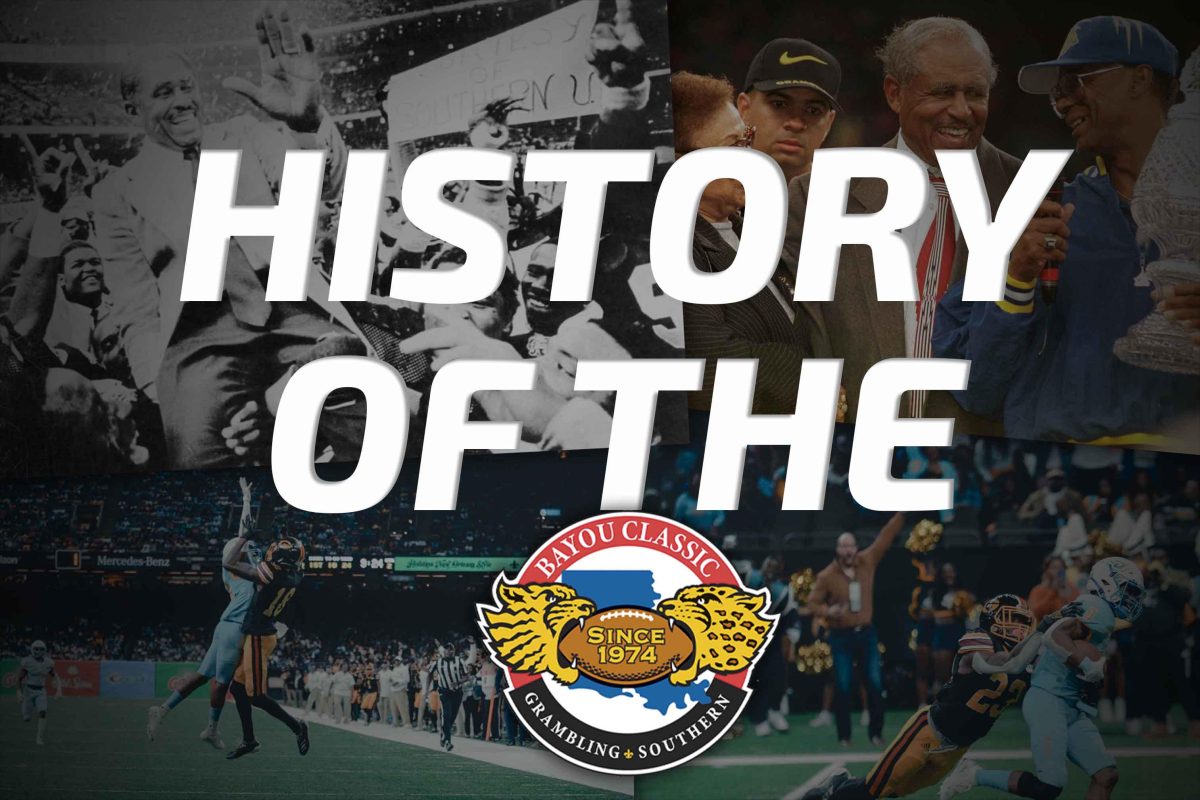
Red circle marked on a calendar and X Mark for counting down. concept for an important day.
Since the mid-20th century, black colleges’ world and culture have been pushed to the side by predominantly white institutions’ box office events like LSU and Tulane. But in New Orleans circa 1974, the city that never sleeps was introduced to the annual football tradition that would become one of most fantastic Black College Football’s staples ever when Grambling and Southern university’s football teams began their battle.
With SWAC sports not yet gaining the prominence that they would begin to be associated with as the century went forward, the Bayou Classic was the one event that set the expectation for what HBCUs could offer from an economic and marketing point of view. The first Bayou Classic was on a smaller stage than we are used to today, but this didn’t stop the excitement felt within the black community as they finally had a sports champion of their own from two of the community’s most prestigious institutions.
Most believe that the Bayou Classic is “the greatest black college football rivalry in the nation.” Depending on how you’re reaching that conclusion, many would be hard-pressed to disagree. However, the rivalry between Southern and Grambling is the most commercially successful and prominent match-up of black college sports that the general public would ever know.
The Bayou Classic held the first game at Tulane University’s Stadium due to the sheer size of the fandoms that would focus themselves in South Louisiana. From the game itself to the numerous extracurricular activities that would become the norm for the Classic, there was no shortage of fanfare as the event grew in scope on almost a yearly basis.
Later down the road, this particular day became a week of beauty pageants, luncheons, dinners, lectures, and, of course, the head-to-head battle between Grambling and Southern marching bands. As a result, the Classic has become a cultural reality of Louisiana. But, of course, it celebrates a rich, long-running football rivalry, but it also carries a more significant meaning than the typical football game.
Despite the result of the most recent Bayou Classic matchup, this year’s Classic did what it was supposed to in representing the best that the SWAC has to offer in terms of sports spectacles. For as long as there is black college football to be played, the Bayou Classic will continue to be a staple in the identity of black college sports.